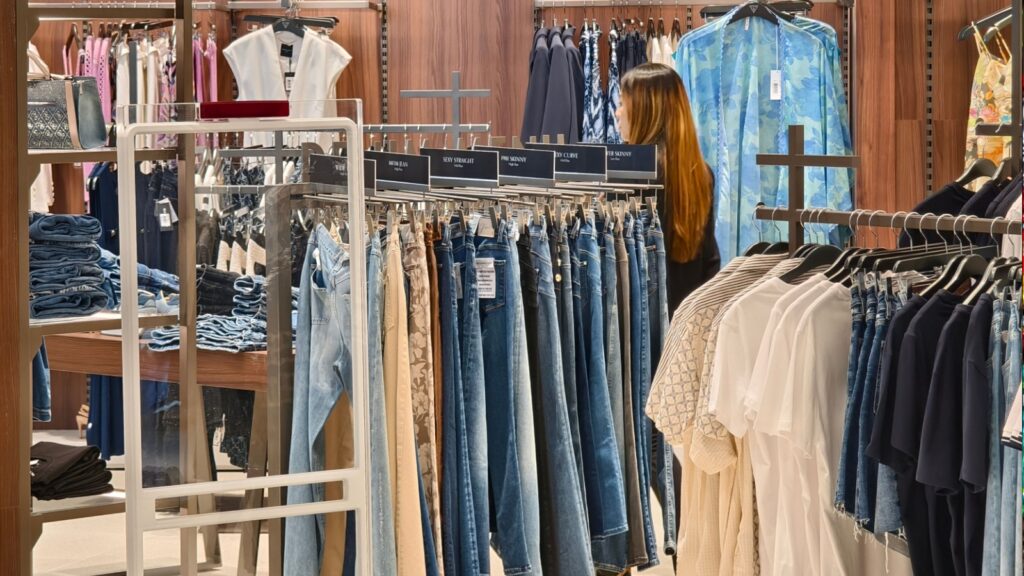Canada’s fashion scene has produced many memorable brands that once dominated malls and high streets across the country. From elegant womenswear labels to affordable casual chains, these names defined decades of Canadian style. However, shifting shopping habits, global competition, and rising retail costs forced many of them to disappear. Each had its own story of success, adaptation, and eventual decline. Here are 21 Canadian fashion brands that vanished from shelves.
Jacob

Jacob was a Montreal-based women’s fashion retailer founded in 1977 by Joseph Basmaji. Known for its modern office wear and affordable elegance, the brand became a staple in Canadian malls through the 1990s and early 2000s. At its peak, Jacob operated more than 90 stores across Canada. However, growing competition from international fast-fashion retailers like H&M and Zara eroded its market share. The company filed for bankruptcy in 2014 and closed all stores the following year. Despite a brief attempt to sell online, Jacob was unable to regain traction in Canada’s increasingly digital and price-sensitive fashion market.
Le Château
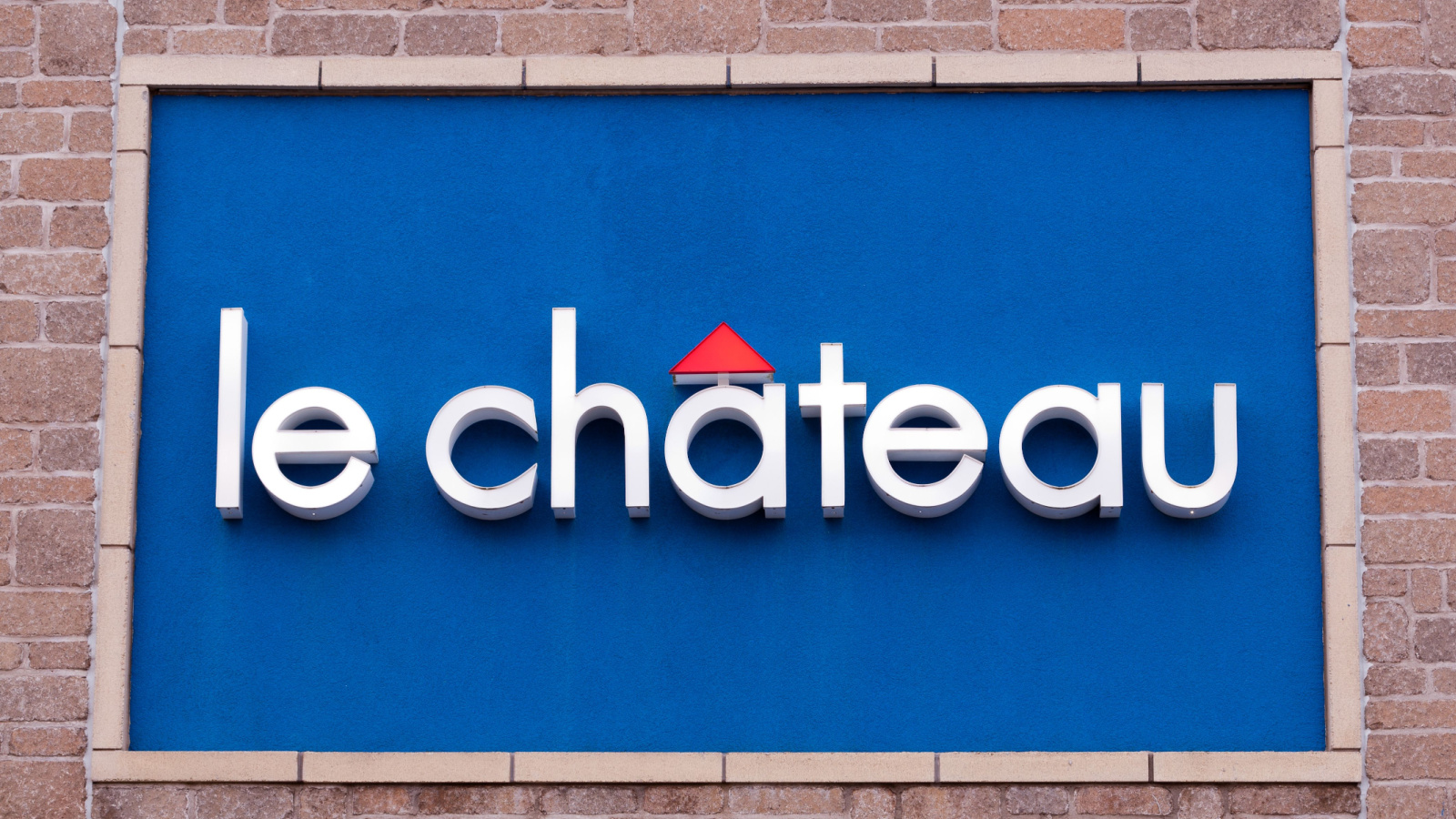
Le Château was founded in 1959 in Montreal and became a major player in Canadian fashion for trendy formal and evening wear. The brand built a strong identity among young shoppers seeking stylish and affordable outfits for parties and events. With over 200 stores nationwide by the early 2000s, it was once a go-to destination for prom dresses and clubwear. Rising rent costs, declining mall traffic, and online competition led to its bankruptcy in 2020. Though it later reappeared as a sub-brand under Suzy Shier, its original standalone presence in Canada’s fashion landscape disappeared permanently.
Danier Leather
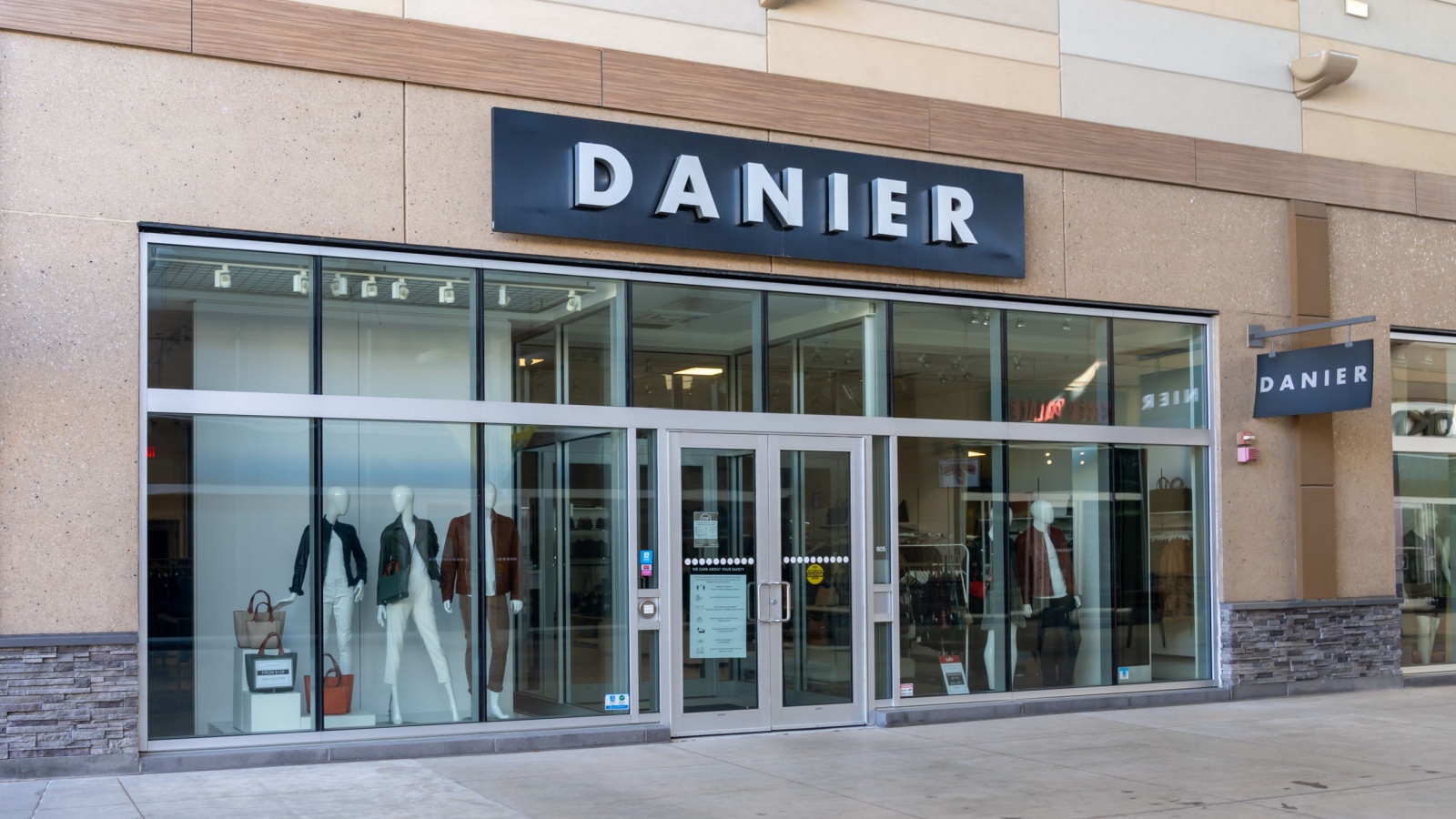
Danier Leather, launched in Toronto in 1972, became synonymous with high-quality leather jackets and accessories. The brand was celebrated for its craftsmanship and Canadian-made outerwear, attracting both men and women looking for timeless pieces. At its height, Danier had over 80 locations nationwide and was considered a leader in premium fashion retail. However, changing consumer preferences, declining mall sales, and high operating costs led to its bankruptcy in 2016. Attempts to revive the brand online under new ownership did not recapture its former popularity. Danier’s physical stores remain a nostalgic memory for many Canadian shoppers.
Club Monaco (Canadian Stores)
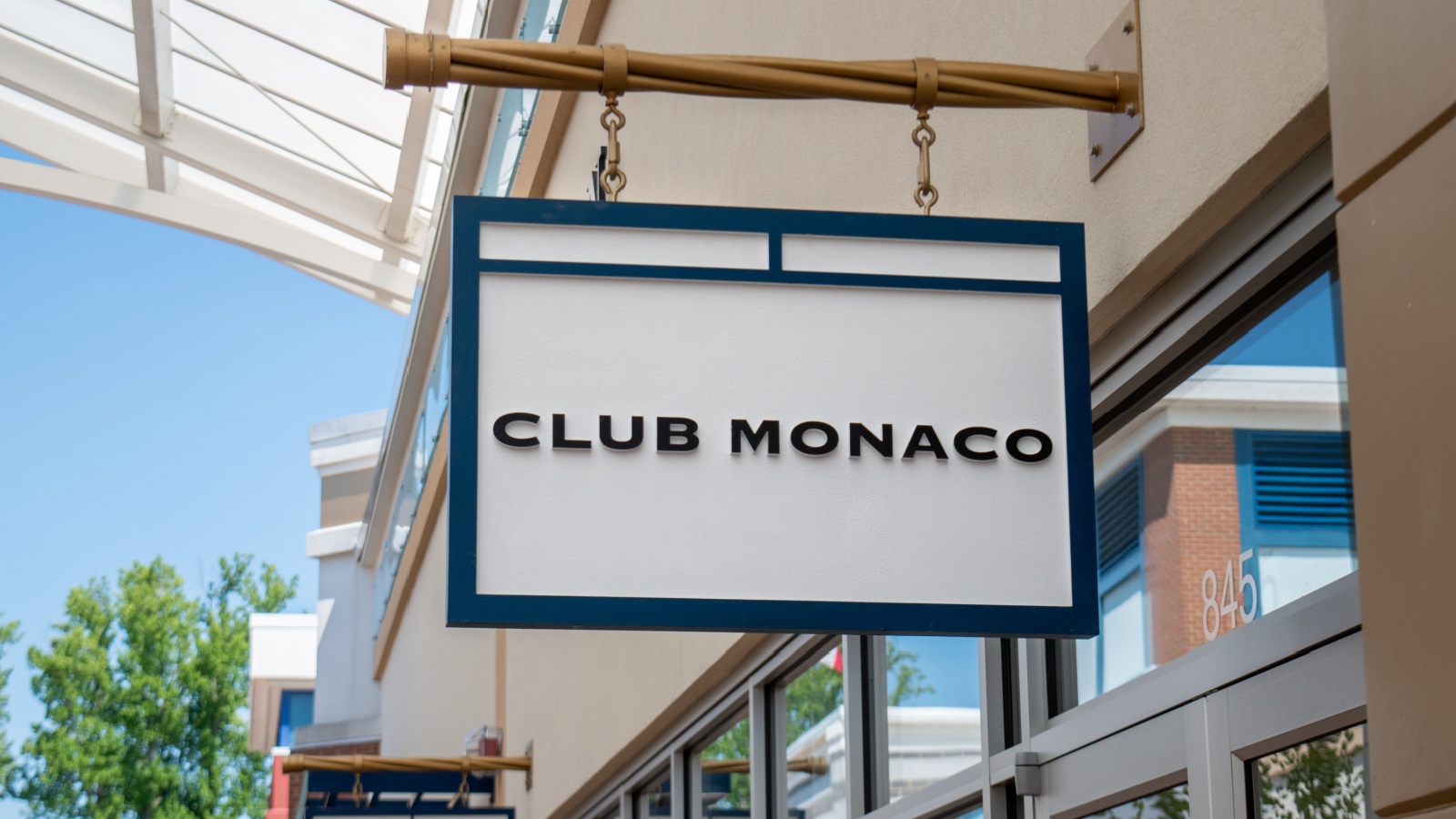
Club Monaco started in Toronto in 1985, created by Joe Mimran and Alfred Sung. It was known for minimalist, high-quality basics and a refined urban style that appealed to professionals. Its flagship on Bloor Street became an icon of modern Canadian fashion. Ralph Lauren acquired the company in 1999, which led to a global expansion but a gradual reduction of its Canadian retail footprint. Many of its stores closed during the pandemic as operations shifted online and focus moved to U.S. and international markets. Although the label continues abroad, most Canadian Club Monaco stores have since vanished.
Cotton Ginny

Cotton Ginny emerged in the late 1970s as a Toronto-based brand focused on natural fabrics and casual women’s wear. It gained popularity for its comfortable cotton clothing, loose silhouettes, and eco-friendly appeal long before sustainability became mainstream. The company operated more than 100 stores at its peak and was well-known among Canadian women for its everyday, earthy fashion. However, rising competition and changing consumer tastes in the 2000s hurt the brand. Cotton Ginny filed for bankruptcy in 2009 and closed all remaining stores shortly after, marking the end of one of Canada’s early lifestyle apparel pioneers.
Suzy Shier (Original Chain)

Suzy Shier began in 1966 as a Canadian women’s fashion retailer offering affordable casual and professional clothing. The brand’s mall-based stores became a familiar sight across the country. Known for its frequent sales and trendy collections, Suzy Shier catered mainly to young women seeking fast-changing styles. Despite its popularity, the original chain faced financial difficulties amid rising competition and online shopping trends. It entered creditor protection in 2020 during the pandemic. Although revived under new management and still operating today, the original Suzy Shier brand structure and ownership that shaped its early success are now gone.
Smart Set
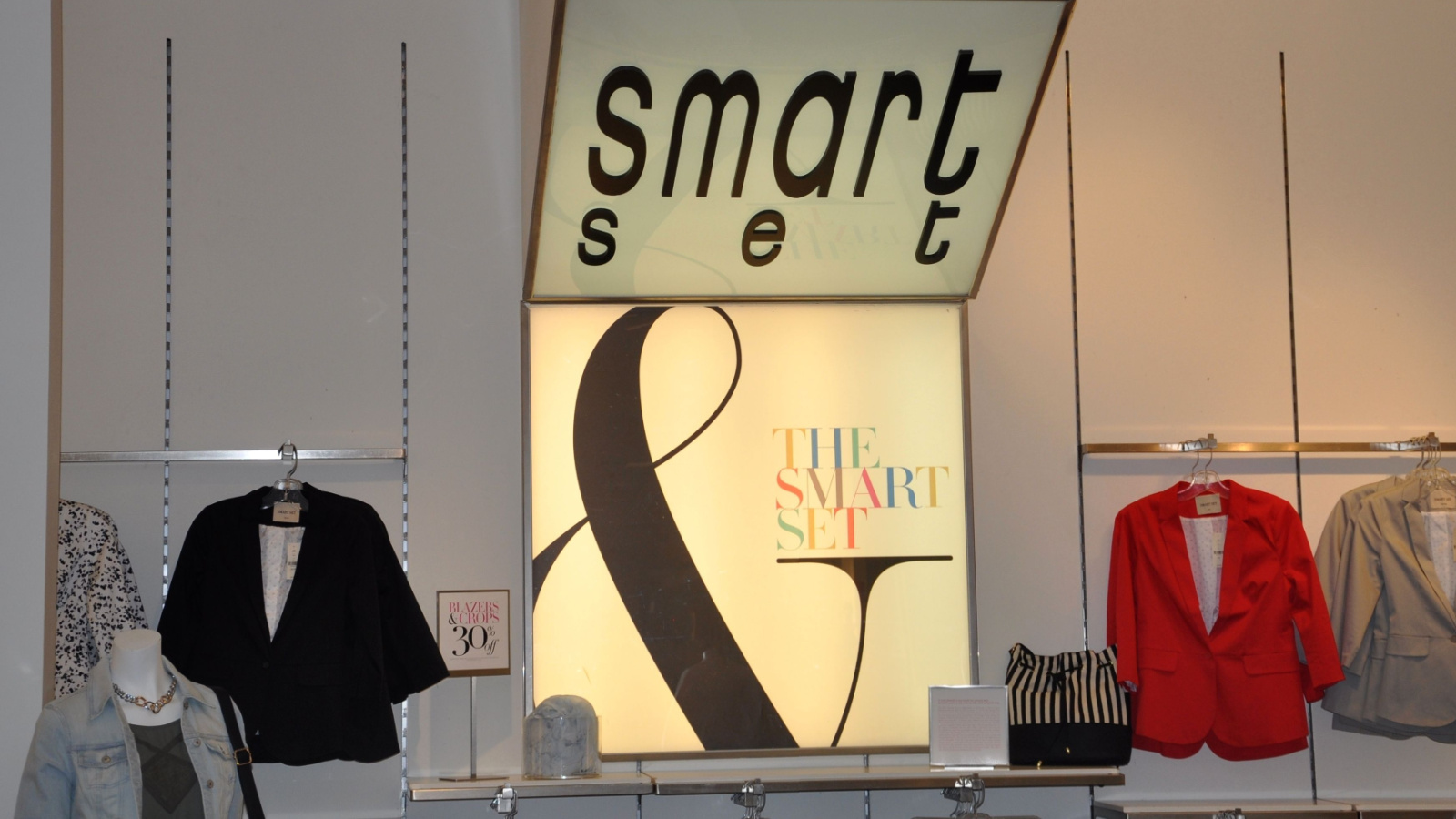
Smart Set was founded by Reitmans in the late 1970s as a fashionable alternative for young professional women. The brand’s focus on affordable workwear and weekend attire made it a popular choice among Canadian shoppers for decades. By the 1990s, Smart Set had more than 150 locations across the country. However, as fast-fashion retailers expanded, Smart Set struggled to maintain its market position. Reitmans decided to close all stores in 2014, redirecting focus toward its more successful banners such as RW&CO. and Penningtons. Smart Set’s closure marked the end of an era in Canadian women’s retail.
Costa Blanca

Costa Blanca entered the Canadian market in the early 1990s, offering stylish, youth-oriented fashion with a Mediterranean flair. Known for trendy dresses and accessories at mid-range prices, it became a go-to for teens and young adults in the early 2000s. The brand was operated by Groupe Dynamite, which also owned Garage. Over time, competition from global fast-fashion giants such as H&M and Forever 21 reduced its appeal. Costa Blanca filed for bankruptcy in 2011, closing all stores soon after. Despite attempts at an online revival, the brand never regained a stable presence in Canada’s retail scene.
Cassis

Cassis was launched in 2009 by Reitmans to target women aged 40 and above who wanted stylish, age-appropriate clothing. The brand focused on well-fitted blouses, classic dresses, and elegant casual wear. Despite positive reviews for its quality and design, Cassis struggled to attract consistent foot traffic and build a distinct identity apart from Reitmans’ other chains. Within two years, declining sales forced Reitmans to close all 30 Cassis stores across Canada. The closure highlighted the difficulty of maintaining niche fashion labels in a market dominated by fast fashion and online competition.
Thriftys Clothing Company

Thriftys Clothing Company was a Vancouver-based casual fashion retailer founded in the 1970s. It gained popularity for affordable jeans, T-shirts, and outerwear aimed at young adults and students. Known for its laid-back West Coast aesthetic, Thriftys had multiple stores across British Columbia and Alberta. However, after being acquired by Cotton Ginny in the 1990s, it gradually lost its independent identity. The brand eventually disappeared by the early 2000s as competition from larger national retailers increased. Thriftys’ closure marked the end of a once-prominent local brand that reflected Canada’s relaxed, coastal fashion culture.
Over the Rainbow (Original Line)

Over the Rainbow is a well-known Toronto denim boutique founded in 1975, but it once experimented with its own private-label clothing line. The in-house brand offered premium denim and contemporary casual wear that reflected Toronto’s street fashion of the early 2000s. While the store itself remains successful, the Over the Rainbow label was discontinued due to high production costs and market saturation. The retailer chose to focus on curating global denim brands instead of manufacturing its own line. The original Over the Rainbow collection remains a nostalgic chapter in Canada’s independent fashion retail history.
Au Coton

Au Coton was a Montreal-based casualwear brand launched in 1983, specializing in soft cotton sweats and lounge clothing. It became a Canadian mall favorite throughout the 1980s and 1990s, known for its bold logo and comfortable basics. At its height, Au Coton had over 170 stores across North America. However, by the late 1990s, increasing competition and declining brand relevance led to financial troubles. The company filed for bankruptcy in 2003. Although the name was revived online in 2020, the original Au Coton chain that defined Canadian casual fashion has long disappeared from shopping centers.
Dalmys

Dalmys was a popular women’s fashion retailer founded in Montreal that catered to office wear and everyday fashion. Active mainly from the 1970s through the 1990s, it was recognized for affordable business attire with European-inspired designs. The brand had stores across Canada, often located in malls alongside Jacob and Smart Set. As international fashion chains entered Canada in the early 2000s, Dalmys struggled to modernize its collections and appeal to younger shoppers. It eventually filed for bankruptcy and closed all stores. Dalmys remains a reminder of Canada’s once-vibrant domestic fashion retail era.
Fairweather (Early Era)
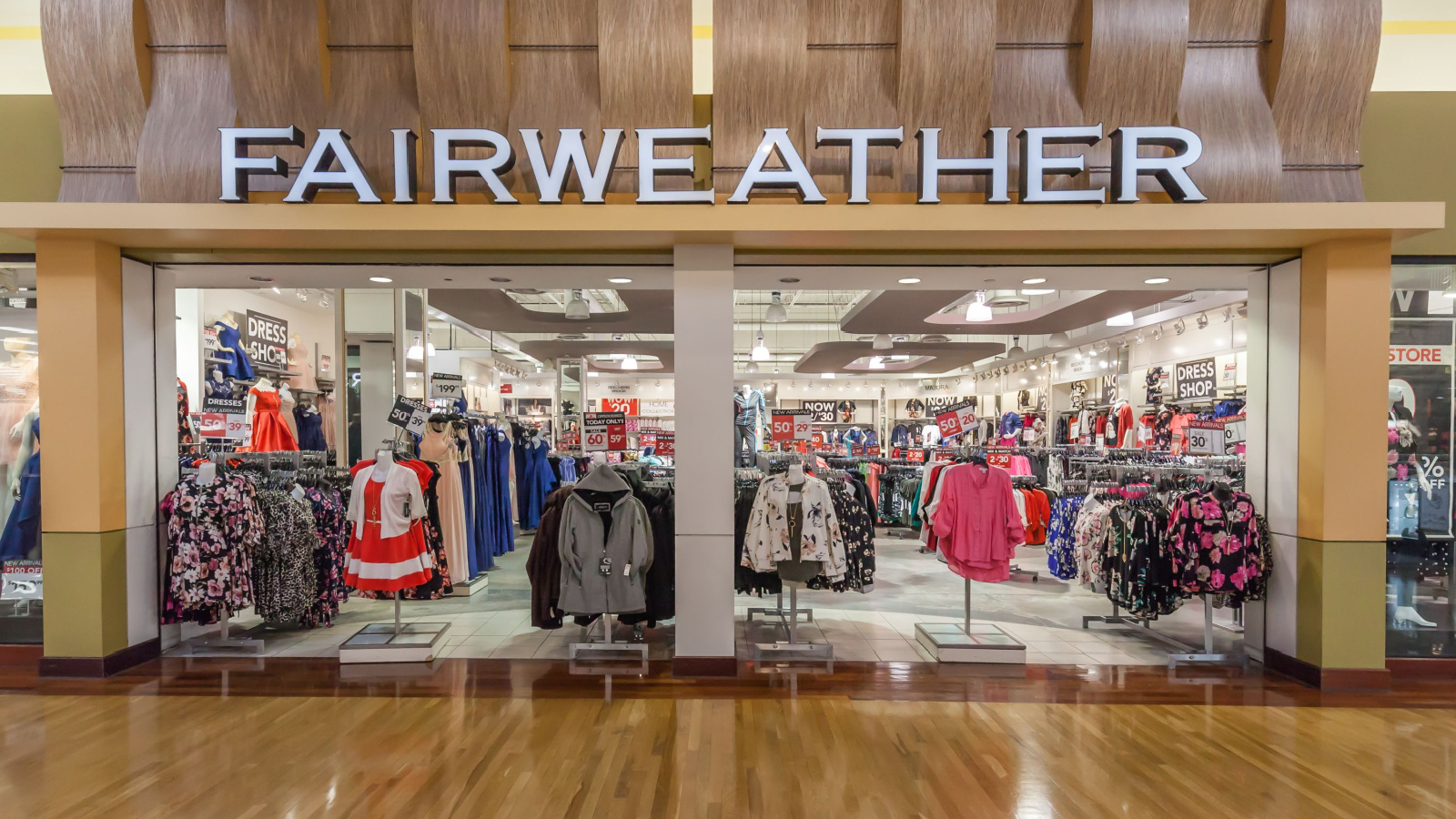
Fairweather was founded in Toronto in the 1920s and became a major Canadian women’s fashion retailer known for accessible pricing and trend-driven clothing. The brand’s early era, particularly the 1980s and 1990s, saw nationwide expansion into hundreds of mall locations. Fairweather offered everything from office wear to party dresses, making it a versatile choice for shoppers. However, as competition from U.S. fast-fashion retailers intensified, its market share declined. The chain filed for bankruptcy in 2004 but was later revived under new ownership. While Fairweather stores still exist, their original nationwide prominence has significantly diminished.
Reitmans Men’s Line (Smart Set for Men)
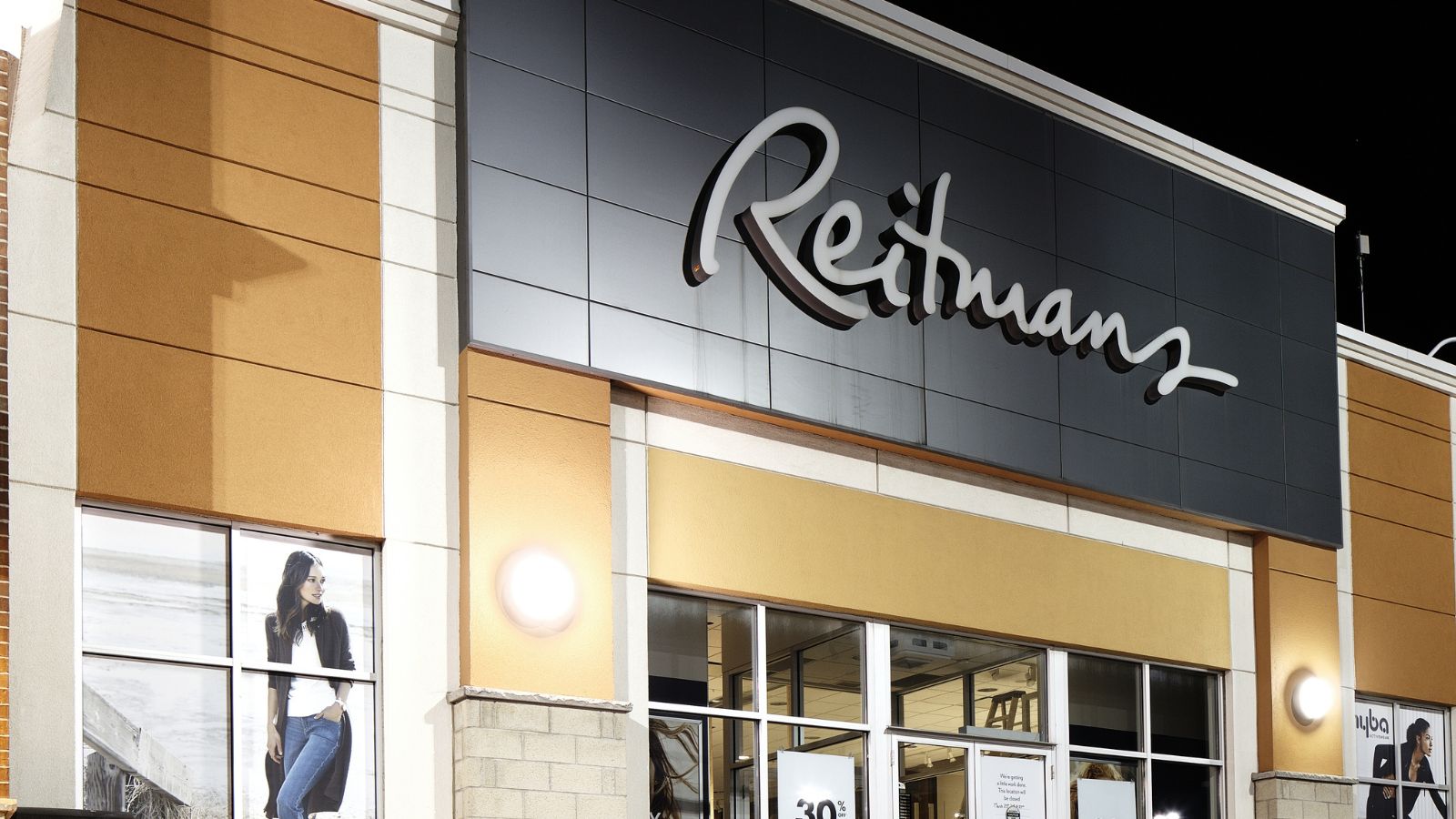
Reitmans briefly operated a men’s fashion division during the 1980s and 1990s, often referred to as Smart Set for Men. The line focused on business-casual attire and smart basics, mirroring the success of its women’s counterpart. Despite offering quality and affordable options, it struggled to compete with established men’s retailers such as Tip Top Tailors and international brands entering the market. Limited marketing and overlap with Reitmans’ core audience contributed to its discontinuation. The men’s line was phased out quietly, allowing Reitmans to refocus on women’s fashion, where it maintained stronger brand recognition.
Nevada (Sears Canada Label)
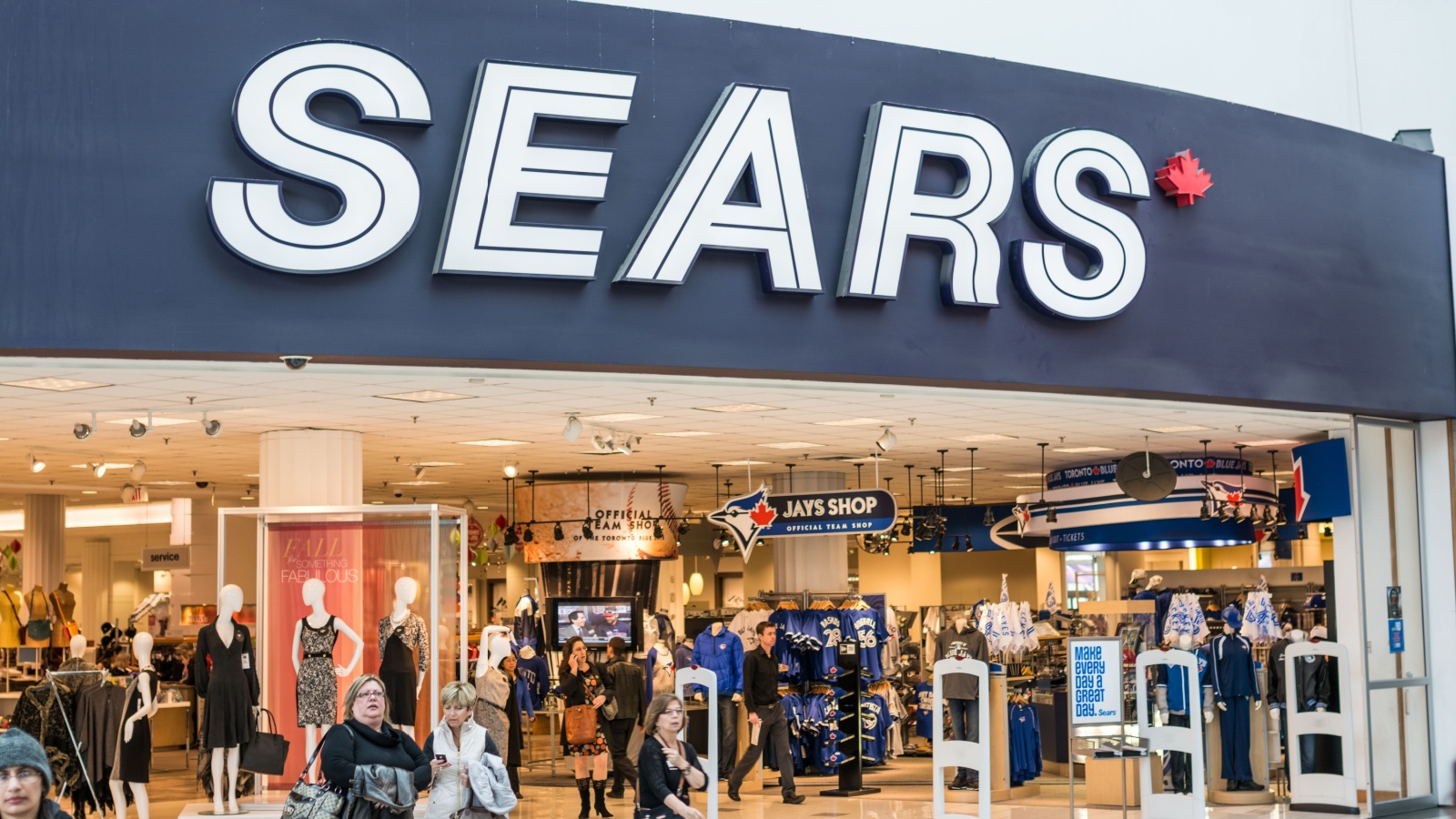
Nevada was one of Sears Canada’s most recognizable private labels, launched in the 1980s. It offered a wide range of affordable casual and denim apparel for men, women, and children. For decades, Nevada was a reliable in-house brand found in almost every Sears Canada location, catering to middle-class families seeking everyday wear. However, as Sears Canada began losing market share in the 2010s, Nevada’s sales declined sharply. When Sears Canada closed in 2018, the Nevada brand disappeared as well. Its legacy remains tied to the department store era that once defined Canadian retail fashion.
Jessica (Hudson’s Bay Private Label)
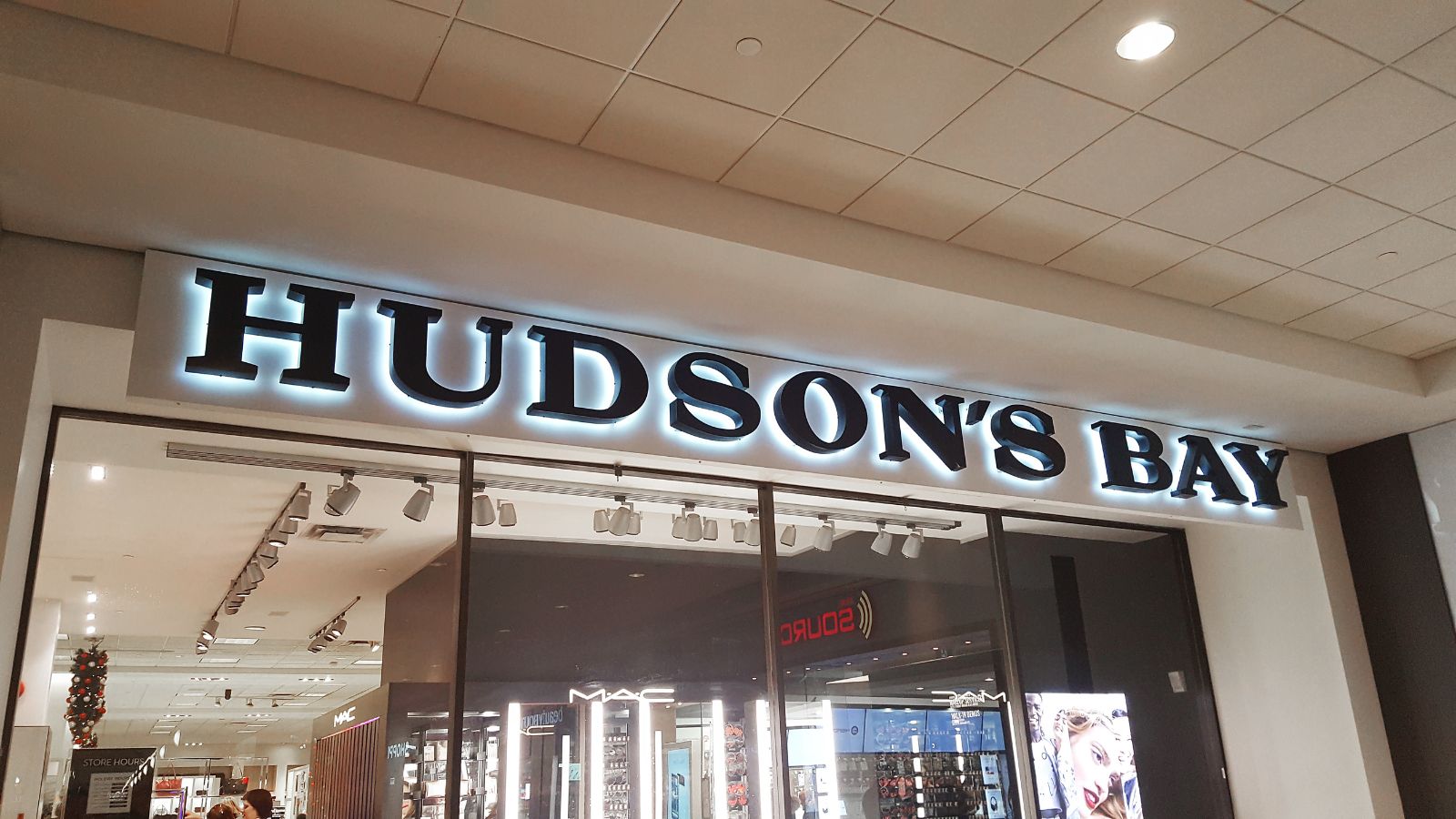
Jessica was a longtime private-label women’s fashion brand created by Hudson’s Bay Company. Launched in the 1980s, it focused on affordable business-casual wear and seasonal collections targeting working women. Jessica became a staple in Hudson’s Bay stores, offering reliable quality and moderate prices. However, as fashion trends shifted toward fast-changing, influencer-driven styles, the line lost its relevance. By the mid-2010s, Hudson’s Bay began phasing it out in favor of newer labels and exclusive partnerships. The Jessica brand quietly disappeared, marking the end of one of Canada’s most enduring department store fashion lines.
Alfred Sung (Retail Chain)

Alfred Sung, one of Canada’s most recognizable designers, launched his own retail chain in the 1980s under the Mimran Group, which also founded Club Monaco. The stores featured minimalist and elegant designs, including clothing, accessories, and fragrances. Alfred Sung’s boutiques once represented the peak of Canadian designer fashion. However, rising competition, brand overextension, and the sale of Club Monaco to Ralph Lauren shifted focus away from the Sung stores. Most of his standalone locations closed by the late 1990s. Although the Alfred Sung name continues through licensed products, the original retail chain is long gone from Canada.
Caban

Caban was a high-end lifestyle and fashion retailer launched by Club Monaco in 2000. Positioned as a luxury department store concept, it sold designer clothing, home décor, and modern furniture under one roof. With locations in major cities like Toronto, Montreal, and Vancouver, Caban targeted upscale urban shoppers. Despite strong early interest, the concept struggled to sustain profitability due to high costs and limited market size. Parent company Polo Ralph Lauren shut down all stores by 2006. Though short-lived, Caban is remembered for its influence on modern Canadian lifestyle retail design.
Silhouette

Silhouette was a Canadian women’s wear brand that gained popularity in the 1970s and 1980s for elegant, affordable clothing aimed at professional women. Known for its refined tailoring and stylish workwear, the brand had a strong presence in urban shopping districts and major malls. As international retailers entered the market, Silhouette found it difficult to compete on price and marketing reach. By the early 2000s, it had closed all locations. The disappearance of Silhouette reflected a broader shift in Canadian fashion, where homegrown mid-tier labels struggled against global fast-fashion dominance.
Bretton’s
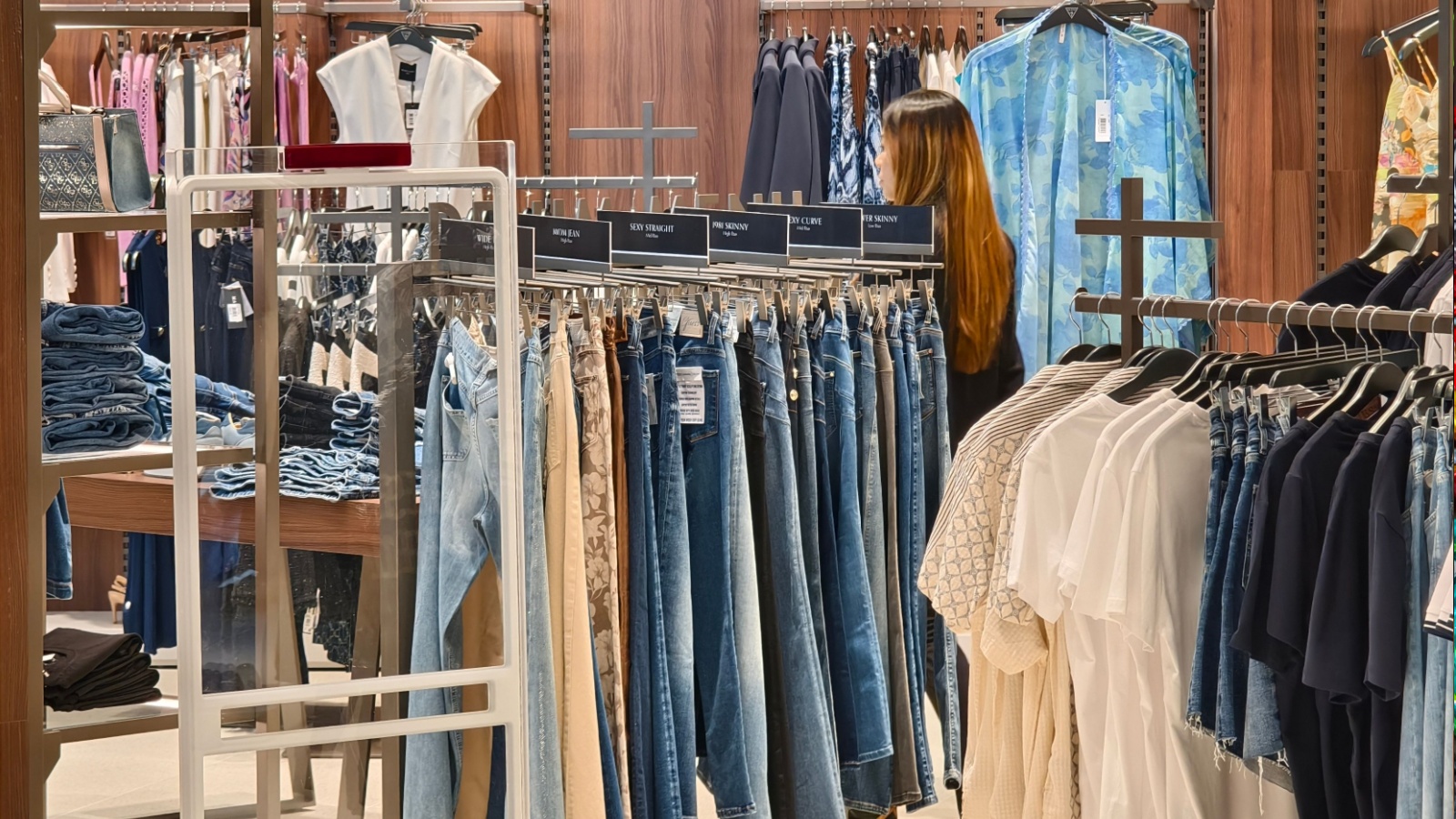
Bretton’s was a Canadian department store chain founded in 1985 by the Weston family, owners of Holt Renfrew. The stores specialized in upscale fashion and housewares, offering a more accessible luxury shopping experience. At its peak, Bretton’s operated several locations across major Canadian cities, including Toronto and Ottawa. Despite a strong start, high operating costs and an economic downturn led to its closure in 1996. The brand’s brief run remains a notable example of Canada’s attempt to establish a premium homegrown retail chain that could compete with international luxury department stores.
21 Products Canadians Should Stockpile Before Tariffs Hit

If trade tensions escalate between Canada and the U.S., everyday essentials can suddenly disappear or skyrocket in price. Products like pantry basics and tech must-haves that depend on are deeply tied to cross-border supply chains and are likely to face various kinds of disruptions
21 Products Canadians Should Stockpile Before Tariffs Hit
